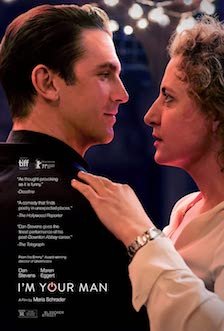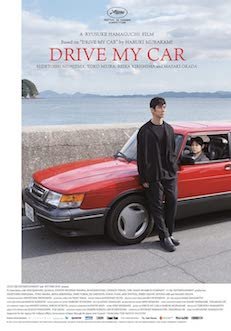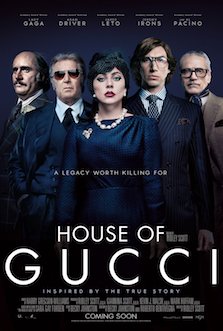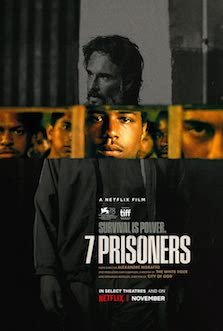Direction: Pedro Almodóvar
Country: Spain
Contents and style converge smoothly and seductively in Parallel Mothers, the most recent effort from Pedro Almodóvar. The acclaimed Spanish helmer mixes motherhood - a favorite topic - with Spanish politics and serves up a scintillating feminist melodrama anchored by outstanding performances from Penelope Cruz and Milena Smit. This is the seventh time that the former actress works under the guidance of Almodóvar. Smit, in turn, joins him for the very first time.
A few unexpected twists spice the story of two unmarried women who deal with unplanned pregnancies in different ways. Janis (Cruz) is a confident middle-aged professional photographer who wants to unearth the sad past of her family lost to fascism. Ana (Smit) is a traumatized fragile teen who doesn't know what she wants. They meet in a room of a Madrid maternity hospital where each give birth to a daughter. Further incidents will bring them even closer.
The camera lens focuses on magnify the mothers, and this is also valid for Aitana Sanchez-Gijon who plays Ana's failing mother with personality.
In spite of dealing with life and death in an adult way, the film is not an infallible achievement, but it also doesn’t hurt the solid filmography of Almodóvar. His early flamboyant ways took a pronounced decline with Talk to Her (2002), and Parallel Mothers continues the level of maturity found in Julieta (2016) and Pain and Glory (2019), even without reaching the thought-provoking abilities of the latter film.
Well patented here is his penchant for projecting women to the center of a story while directing them with real affection.








































